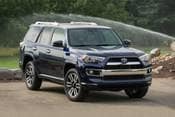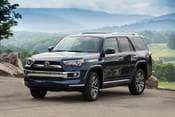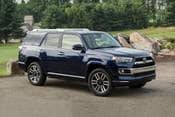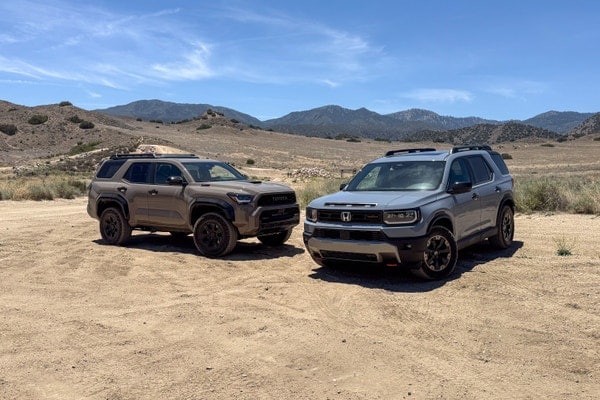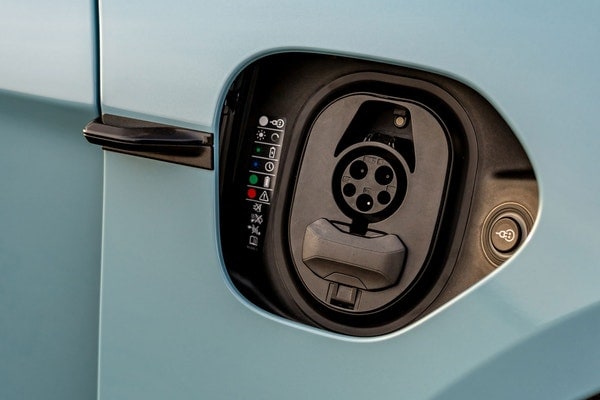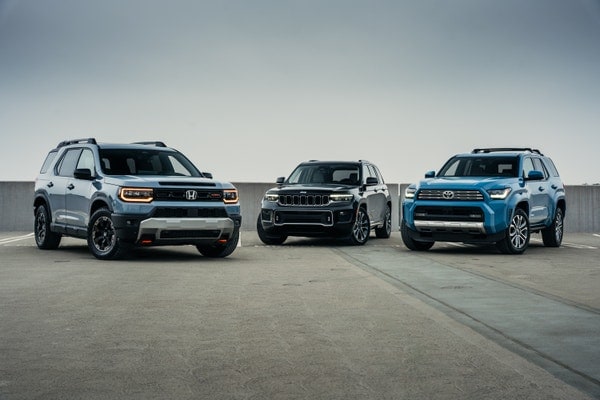What is the 4Runner?
One of the true off-road icons, the Toyota 4Runner is a rugged SUV with a spacious interior and impressive capability. You can option a 4Runner to have three rows of seats, but the vast majority have two rows. This is a tall and boxy SUV that rides on a truck-like platform, so while it boasts impressive trail chops and strong towing capacity, the ride quality and interior comfort are not quite up to modern standards for the class. It also has quite a thirsty V6 engine.
What about the 2023 model? It's been a long time since Toyota gave the 4Runner a full redesign, but that could be exactly what's in the cards — new styling, engines and underpinning mechanical parts. A redesigned 4Runner would likely introduce a new version of Toyota's global architecture platform, a smaller version of the platform under the Tundra and Lexus LX 600, called TNGA-F. It's also probable that the yet-to-be-seen redesigned Tacoma would share it. That frame should be lighter and more rigid, which should improve both performance and comfort.
If the 4Runner is redesigned for 2023, we also expect a new range of engines under the hood. There would likely be a turbocharged four-cylinder to start. Toyota has previously stated it intends to have a hybrid version of every model in its lineup by 2025, so a hybrid V6 could potentially be an option for the 4Runner too.

